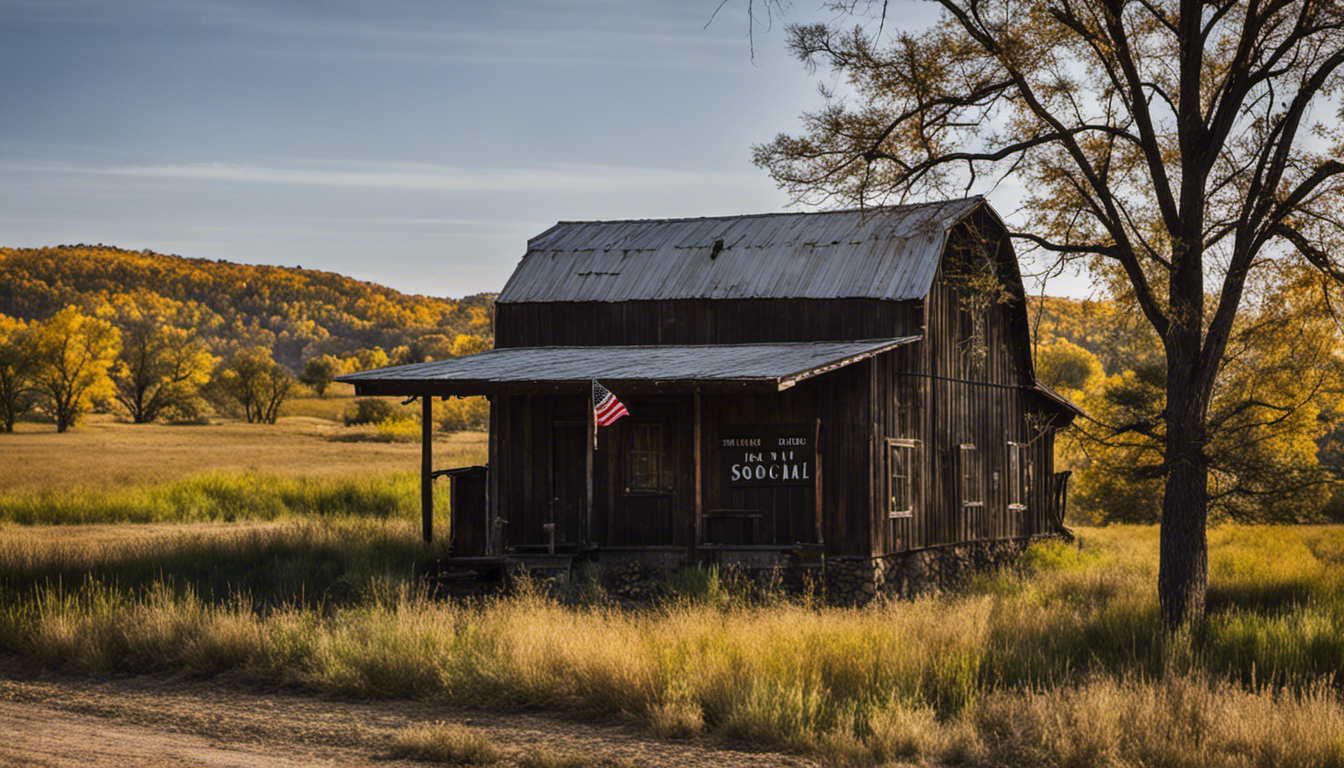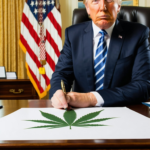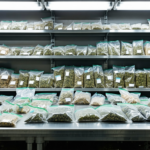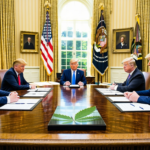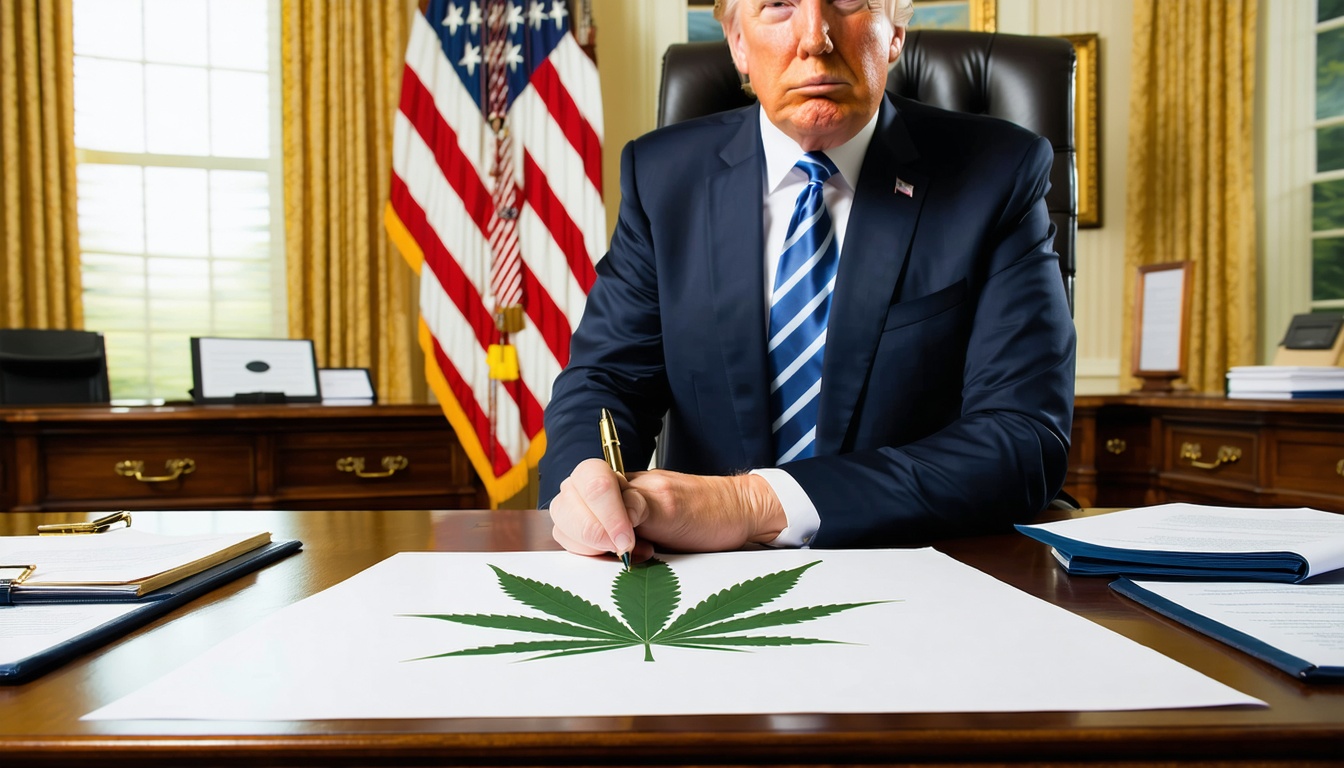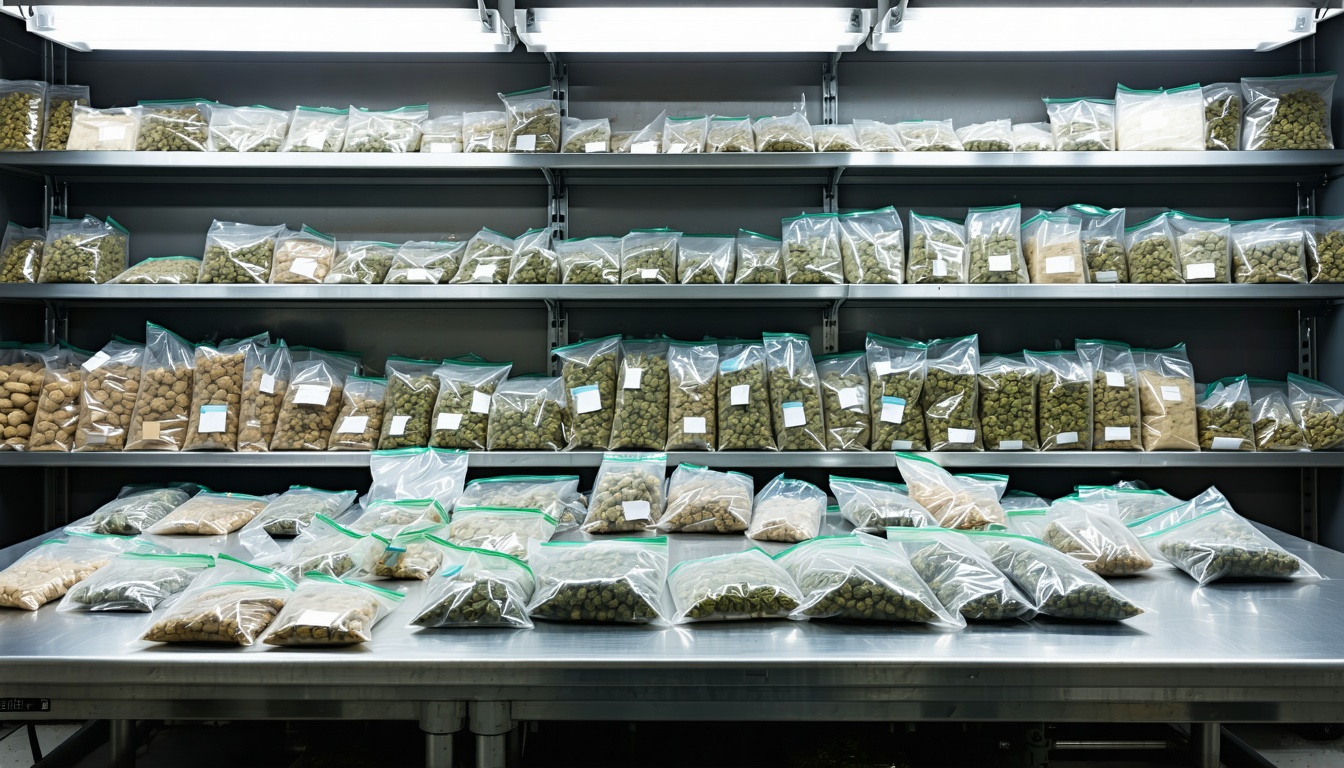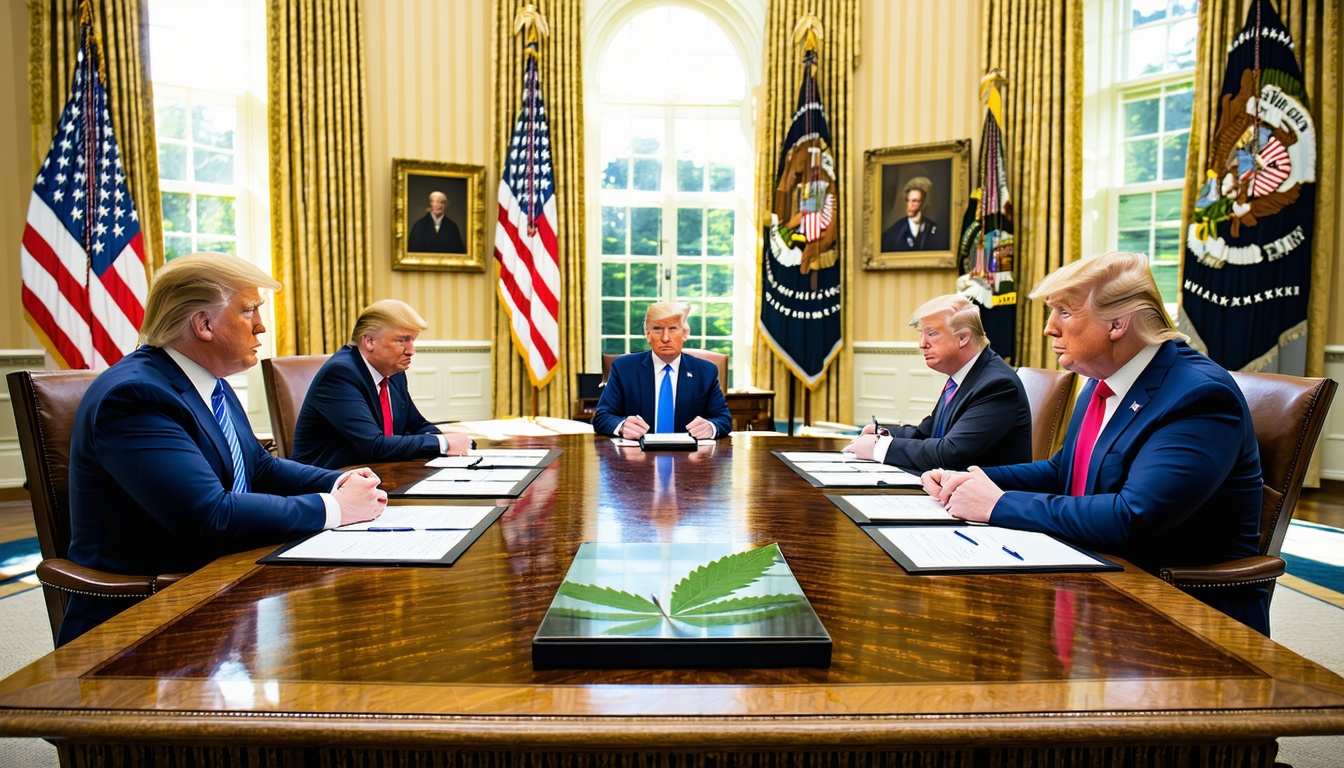Minnesota’s Ruling on Tribal Land Undercuts Claims of Undoing Racial Disparities in Marijuana Law
A recent ruling by a Minnesota judge has raised questions about Indigenous sovereignty and the effectiveness of social equity provisions in the state’s cannabis laws. The ruling upheld the state’s authority to prosecute cannabis-related crimes on tribal lands, despite the legalization of recreational cannabis in the state.
Todd Thompson, a member of the White Earth Band of the Chippewa Tribe, had been selling cannabis from his licensed tobacco shop on the White Earth reservation since August 2023. However, his business was raided by law enforcement and his merchandise was seized, despite his claims that he had the right to sell cannabis under Article 13 of the Minnesota Chippewa Tribe’s constitution.
Thompson believes that the state’s social equity provisions, which are intended to give preference to vulnerable people and those with past cannabis convictions, are ineffective. He argues that the poverty rate on the White Earth reservation is double the national average, making it difficult for Indigenous people to open a dispensary that meets state regulatory requirements.
The case highlights the complexities of jurisdiction and sovereignty in the Indigenous cannabis industry. Robert Pero, founder and CEO of the Indigenous Cannabis Industry Association, said that the ruling “highlights the ongoing complexities of jurisdiction, self-regulation, and sovereignty in the Indigenous cannabis industry.”
The ruling has also raised questions about the role of tribal leadership in ceding authority to the state. Thompson believes that the White Earth Nation reservation business committee has unjustly shut off economic opportunities in the cannabis sector for band members.
The case has sparked concerns about the ongoing impact of the “war on drugs” on Indigenous communities. Claire Glenn, the attorney who represented Thompson, said that the defeat is a reflection of the “war on drugs” in Minnesota, which has “particularly targeted Black and Indigenous people.”
Thompson’s case is a stark reminder of the ongoing challenges faced by Indigenous communities in accessing economic opportunities and achieving justice in the legal system. As the cannabis industry continues to grow, it is essential that policymakers and industry leaders prioritize the needs and rights of Indigenous communities.

